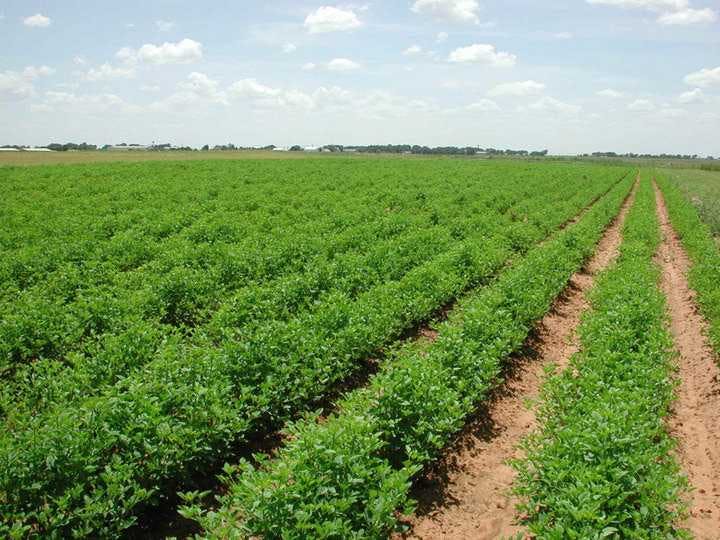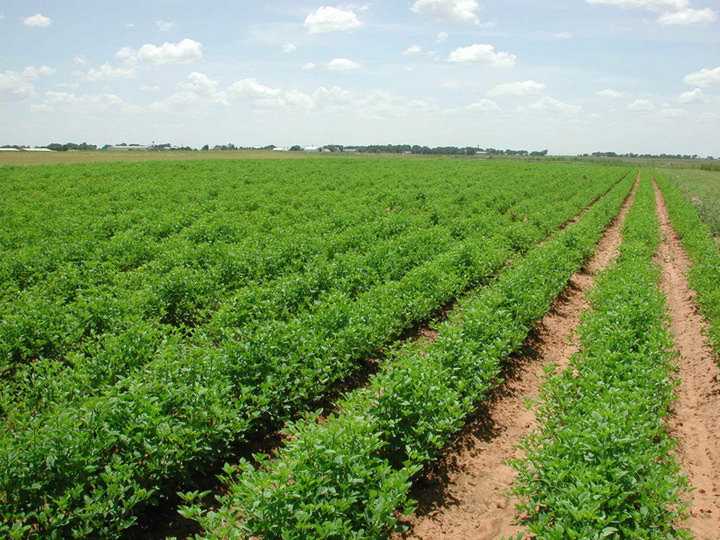THE ROLE OF AGRICULTURE IN YOUTH DEVELOPMENT
Jan 21, 2015
Story


Agriculture has played a key role in the development of human civilization. Until the Industrial Revolution, the vast majority of the human population labored in agriculture. Development of agricultural techniques has steadily increased agricultural productivity, and the widespread diffusion of these techniques during a time period is often called an agricultural revolution. A remarkable shift in agricultural practices has occurred over the past century in response to new technologies.
Agriculture encompasses a wide variety of specialties and techniques, including ways to expand the lands suitable for plant rising, by digging water-channels and other forms of irrigation.
With this, we can now define agriculture and youth before we relate it to development.
What is Agriculture: According to Wikipedia?
Agriculture is the production of food and goods through farming and forestry. Agriculture was the key development that led to the rise of human civilization, with the husbandry of domesticated animals and plants (i.e. crops) creating food surpluses that enabled the development of more densely populated and stratified societies. The study of agriculture is known as agricultural science.
WHAT IS YOUTH DEVELOPMENT?
"...the ongoing growth process in which all youth are engaged in attempting to
• meet their basic personal and social needs to be safe, feel cared for, be valued, be useful, and be spiritually grounded, and
• to build skills and competencies that allow them to function and contribute in their daily lives” (Pittman, 1993, p. 8)
RE-EXAMINING THE ROLE OF AGRICULTURE IN YOUTH DEVELOPMENT:
Agriculture need to address these complex problems by focusing resources on youth development needs. Such an initiative should be aimed at communicating a more positive image of agriculture to young people and reaching and creating a larger pool of youth through high school agriculture, and related agricultural literacy programs for youth, guidance counselors, science teachers, parents, and policy-makers.
SPECIFIC OBJECTIVES OF AGRICULTURE TO ADDRESS ARE:
1. Establish a special task force on youth development in and about agriculture to draft a plan to implement this new college priority.
2. Request new campus resources and reallocate existing resources within Colleges of Agriculture and Universities to initiate this programmatic thrust of the colleges.
3. Involve all academic units of the colleges and universities in assuming appropriate roles and responsibility for youth development in and about agriculture as a coordinated, high-priority initiative in each state.
4. Develop a five-year plan for institutionalizing youth development as a major college and university priority through such potential mechanisms as: interdisciplinary centers or institutes for youth development, a new thrust in one or two academic programs of the college and the universities to institutionalize a teaching and research component on youth development, and linking existing outreach mechanisms of the Universities and College of Agriculture with existing state youth organizations and programs in agriculture.
RATIONALE FOR AN EXPANDED ROLE
It's rather clear that Universities, Colleges of Agriculture and the agricultural industry face serious problems if the current decrease in enrollment isn't stabilized and reversed soon. It behooves Universities, Colleges of Agriculture and all of their teaching, research, and Extension units and administrative offices to raise youth development to a college-wide concern and future commitment. The historic commitment of Colleges of Agriculture and Universities to structure their teaching and research around major farm commodities now needs to be redirected to focus on the development of youth as the major human resource required for a viable agricultural industry in the coming years.
APPROACH
Data and logic suggest that if Colleges of Agriculture and Universities are to reverse downward enrollment in agricultural curricula to better serve the employment needs of the agricultural industry, the pool of youth in high school agriculture and agricultural literacy programs needs to be cultivated and expanded. This will require direct involvement, help, and commitment of resources by Universities, Colleges of Agriculture, administrators, and staff. Viewing youth as a major resource to be developed in meeting the future employment demands of the industry, and maintaining strong programs of teaching and research in the Universities, Colleges of Agriculture, clearly suggests the need for youth development to soon emerge as an expanded, major role in our Universities and Colleges of Agriculture.
CONCLUSION
A strong commitment to youth development as a priority area b Universities and Colleges of Agriculture would be a significant step toward redirecting needed attention and commitment of resources required to meet significant goals of the colleges and Nigeria Agricultural Industry. Universities and Colleges of Agriculture have a growing vested interest in the expansion and quality of high school agriculture, and emerging agricultural literacy programs. To reach youth, clientele groups must include parents, school personnel, and policymakers. To expand the pool of youth seeking undergraduate and graduate degrees in Universities and Colleges of Agriculture, it makes sense to give top priority to reaching youth who have already received positive pre-college experiences in youth programs addressing agricultural and environmental topics. The degree to which Universities and Colleges of Agriculture respond to this priority has major implications not only for the future well -being of the colleges, but for Nigeria Agricultural Industry as it moves into the next century. How youth development is viewed and addressed will have a fundamental effect on youth as well as the educational programs designed for them.
Thank You.
Journal of Extension




